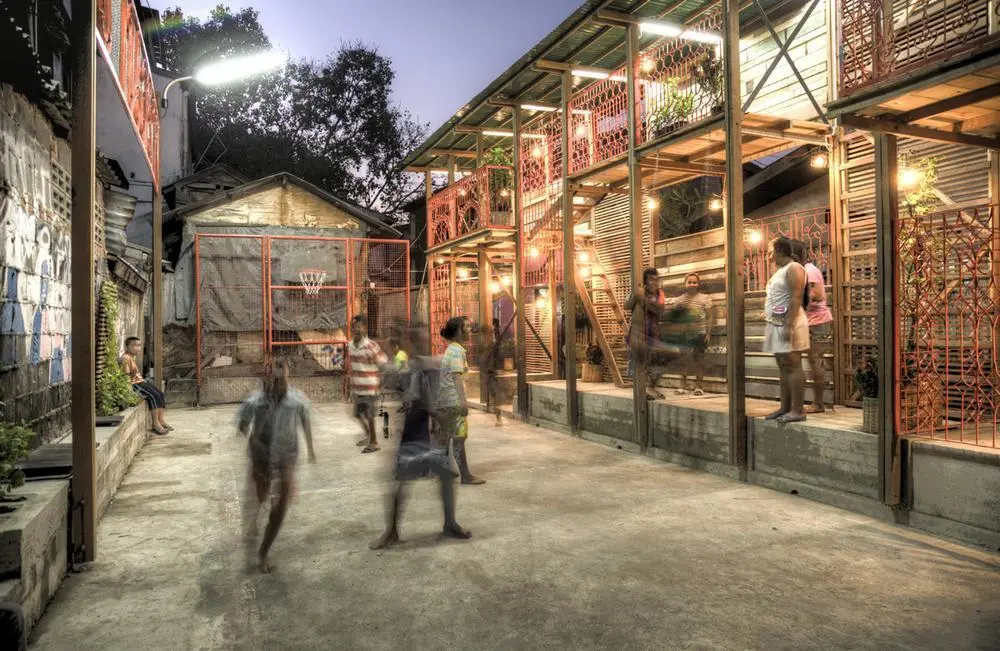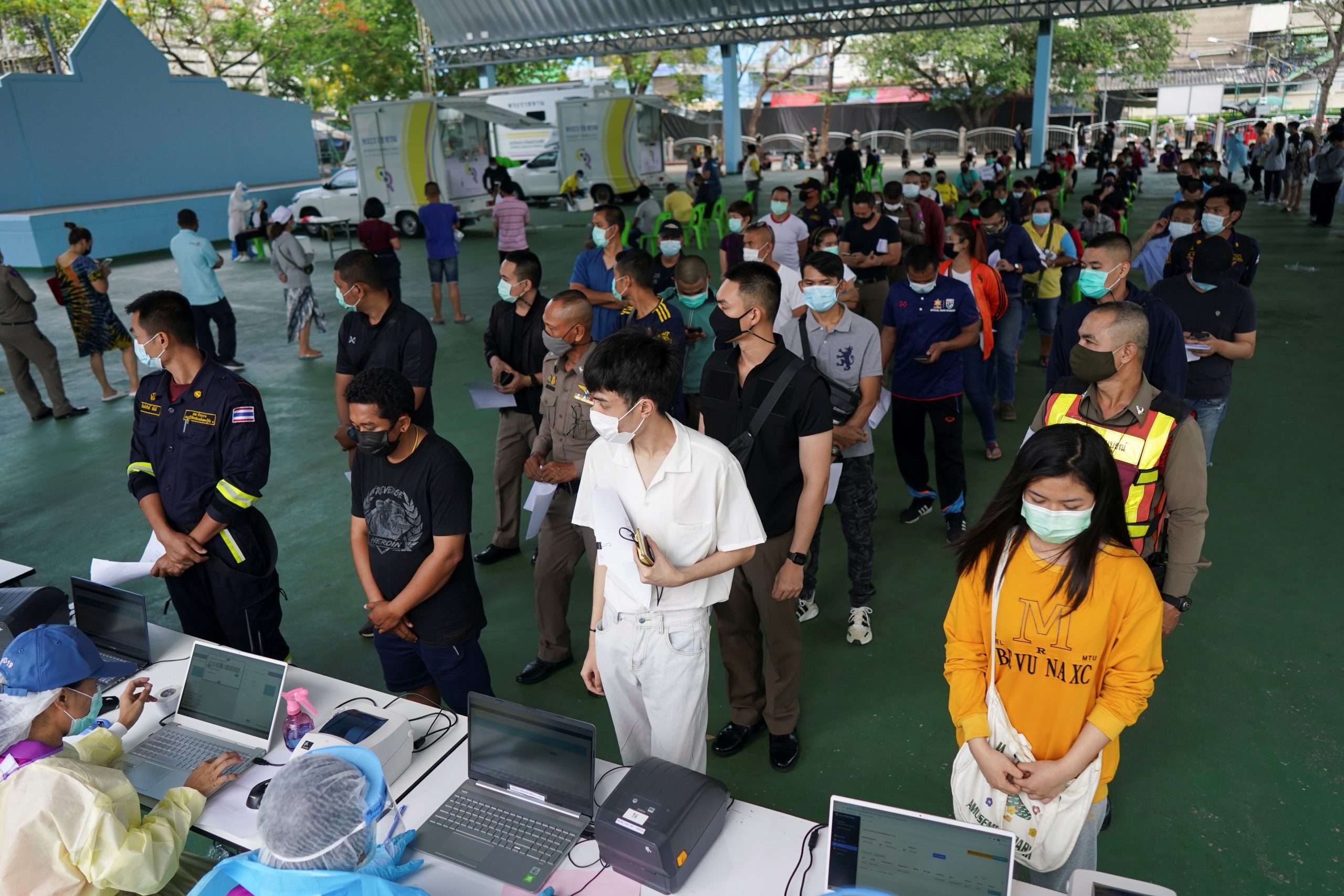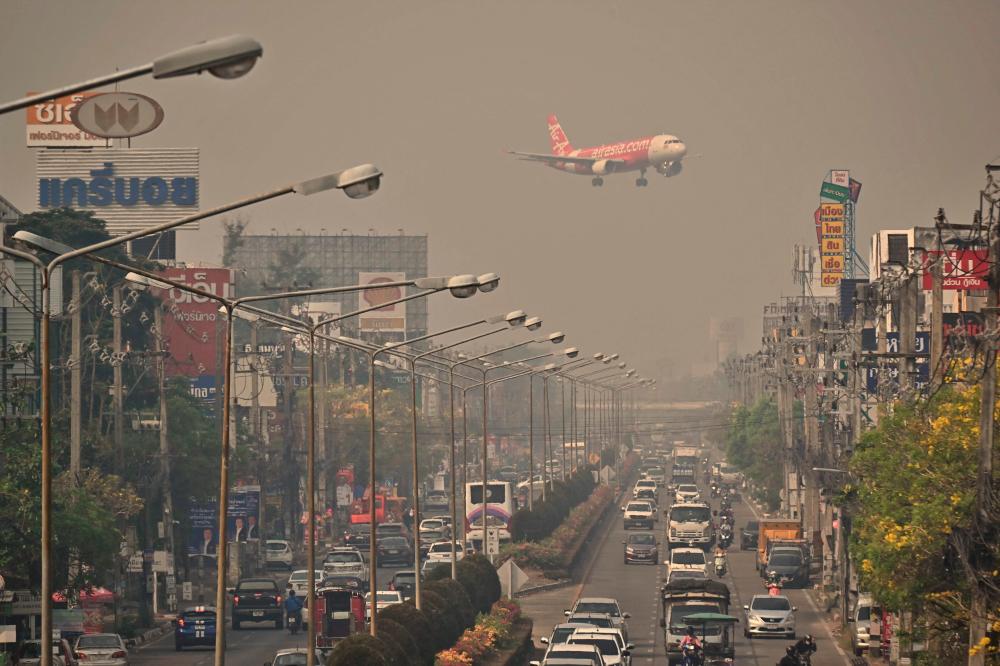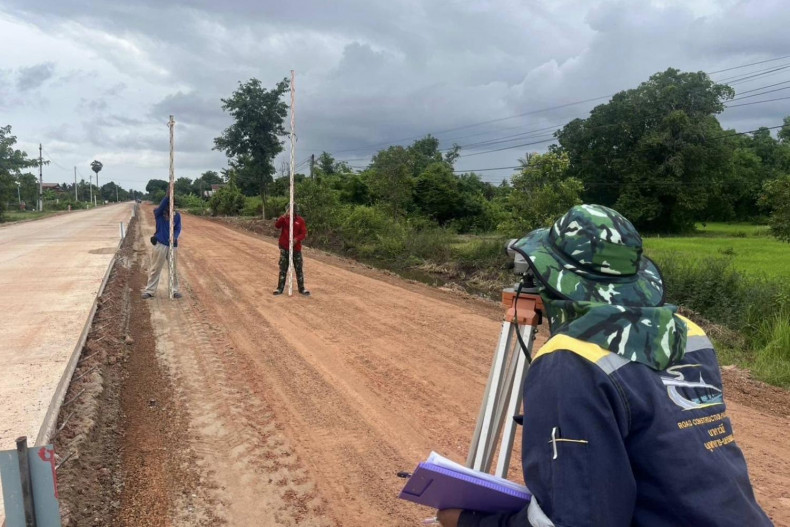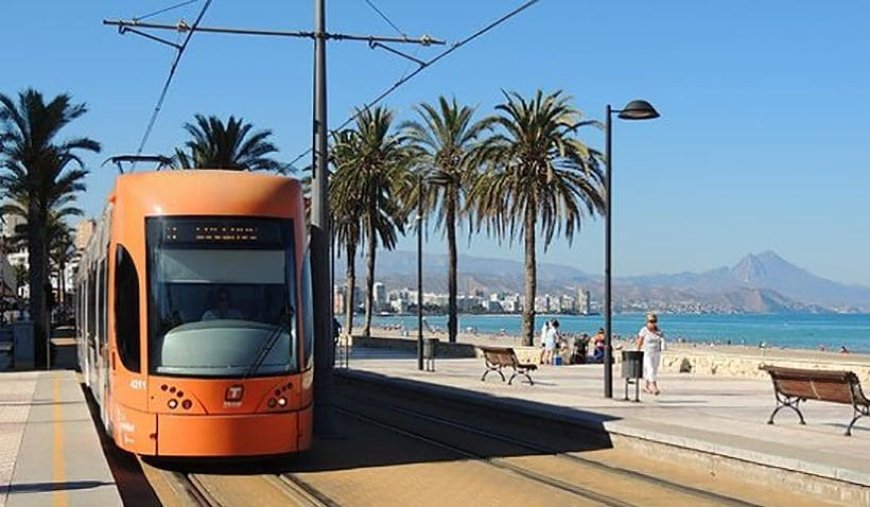The Bangkok Metropolitan Administration (BMA) has embarked on an ambitious project to revitalize Klong Toey Market, one of the city’s oldest and most vibrant fresh markets. This initiative follows the recent dismantling of the Lao Market, which had occupied a significant portion of the sidewalk along Rama IV Road for nearly two decades.
Enhancing Pedestrian Experience
Improved Infrastructure and Accessibility
The removal of the Lao Market has paved the way for a cleaner and more organized environment. The BMA aims to complete the sidewalk transformation by April, incorporating features such as cement pavements and wheelchair-accessible ramps. This renovation will not only enhance the aesthetic appeal of the area but also ensure safer and more convenient access for pedestrians.
Market Revitalization Efforts
Historical Context and Future Plans
Klong Toey Market has been a staple in the area since 2005, with the Lao Market initially designated as a temporary vendor zone. However, over time, it became a permanent fixture, causing disruptions to pedestrian traffic and environmental issues. The BMA’s initiative marks a significant shift towards regulating street stalls and improving the overall landscape of the market. The project involves renovating footpaths along Ratchadaphisek Road and Rama IV Road, creating a more orderly environment that benefits both shoppers and pedestrians.
Economic and Social Impact
Vendor Relocation and Community Response
The demolition of the Lao Market has necessitated the relocation of vendors, with many moving to other areas within Klong Toey Market. While this change has been challenging for some vendors, it has also brought about a sense of cooperation and community spirit. The BMA’s efforts to improve the market’s infrastructure are expected to enhance the overall shopping experience, making it more attractive to visitors and locals alike. The renovation is set to cost only a few million baht, a modest investment for the significant benefits it promises to deliver.
